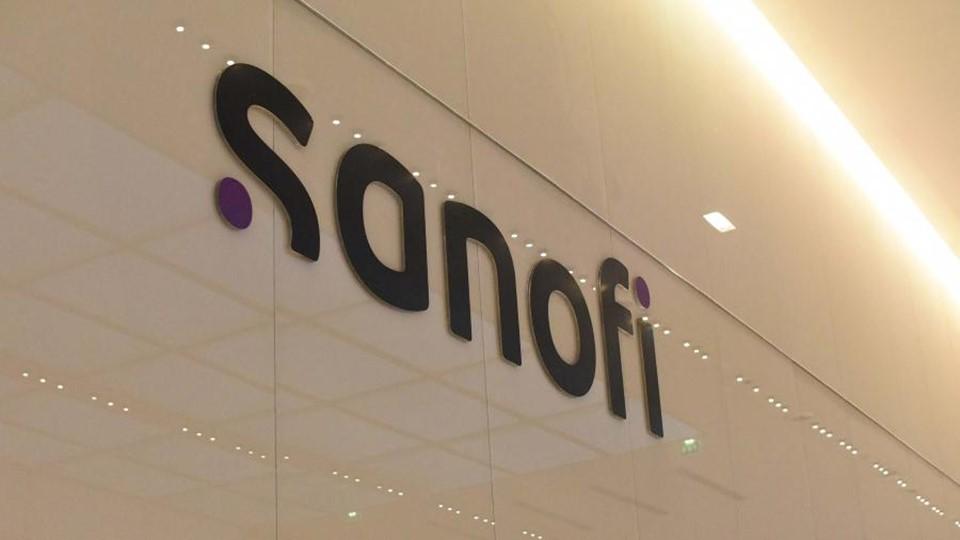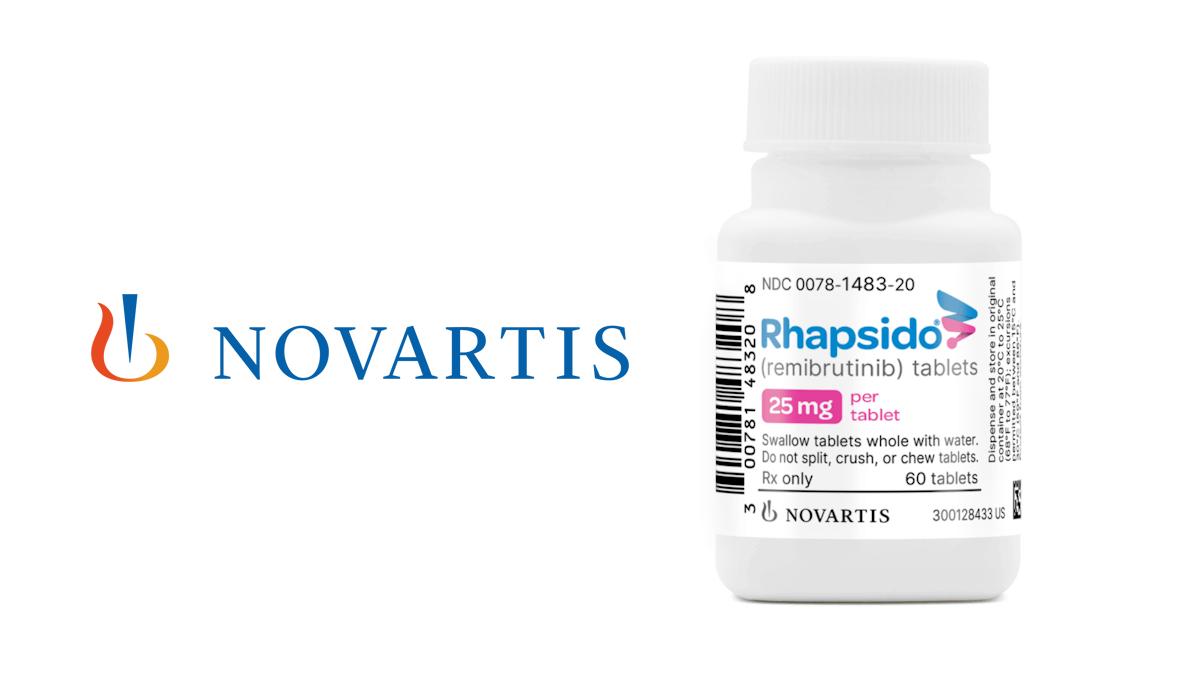Sanofi trumpets win for oral BTK drug in chronic hives

Sanofi has not had the success it was hoping for with its oral BTK inhibitors, acquired as part of its $3.7 billion buyout of Principia Biopharma, but can now point to a win for rilzabrutinib in chronic spontaneous urticaria (CSU).
In a phase 2 trial, rilzabrutinib has been shown to rapidly reduce itch severity and significantly improve disease activity in adults with moderate to severe CSU, an inflammatory condition that causes recurrent hives and swelling.
That sets up the start of a phase 3 programme later this year for what the French drugmaker has called a “pipeline in a pill”.
CSU affects around 1% of the global population and in severe cases causes itching and swelling that can last for weeks at a time and resist even very high doses of antihistamines, which are the first-line therapy of choice, but don’t work around 60% of the time.
There is one approved therapy for CSU, Novartis injectable antibody Xolair (omalizumab), which got a green light for the condition in 2014, and there is a lot of interest in oral therapies that could provide an alternative with more patient-friendly dosing.
Data from the phase 2 RILESCU study – which involved 160 patients who were unresponsive to antihistamine therapy and had not been treated with Xolair – was presented at the American Academy of Allergy, Asthma and Immunology (AAAAI) annual meeting in Washington DC over the weekend.
The results showed that rilzabrutinib achieved a significant reduction from baseline in weekly itch severity score (ISS7) at week 12 compared to placebo, along with improvements in weekly urticaria activity score (UAS7) and weekly hives severity score (HSS7) at the same time point.
The drug was also generally well tolerated, without “cytopenia, bleeding, or atrial fibrillation” that has been seen with other BTK inhibitors, according to Sanofi. Rilzabrutinib has been specifically designed to be highly selective for the BTK protein and avoid off-target side effects.
The result is a boost for Sanofi’s blockbuster aspirations for the BTK inhibitor, which failed a phase 3 trial in another inflammatory skin disorder, pemphigus vulgaris, but is in development for several other indications.
A key phase 3 readout in immune thrombocytopenia is due later this year, along with phase 2 results in asthma, IgG4-related disease, and warm autoimmune haemolytic anaemia, and phase 3 testing in prurigo nodularis is also due to start before the end of 2024.
Sanofi is, however, lagging behind rival Novartis in the development of an oral BTK inhibitor for CSU, as the Swiss pharma group has already chalked up a pair of wins in phase 3 for its remibrutinib candidate in this indication and is preparing regulatory filings.
Meanwhile, the other clinical-stage oral BTK inhibitor that emerged from Sanofi’s Principia takeover, tolebrutinib, was abandoned for myasthenia gravis after disappointing trial results, but remains in development for multiple sclerosis (MS).
Cases of liver toxicity in trials have, however, pegged back expectations for tolebrutinib and other drugs in the oral BTK class in late-stage testing for MS, which include remibrutinib, Roche’s fenebrutinib, and Merck KGaA’s evobrutinib.
Tolebrutinib, fenebrutinib, and evobrutinib were placed on partial clinical holds by the FDA last year, while Merck’s drug also failed an efficacy readout.













